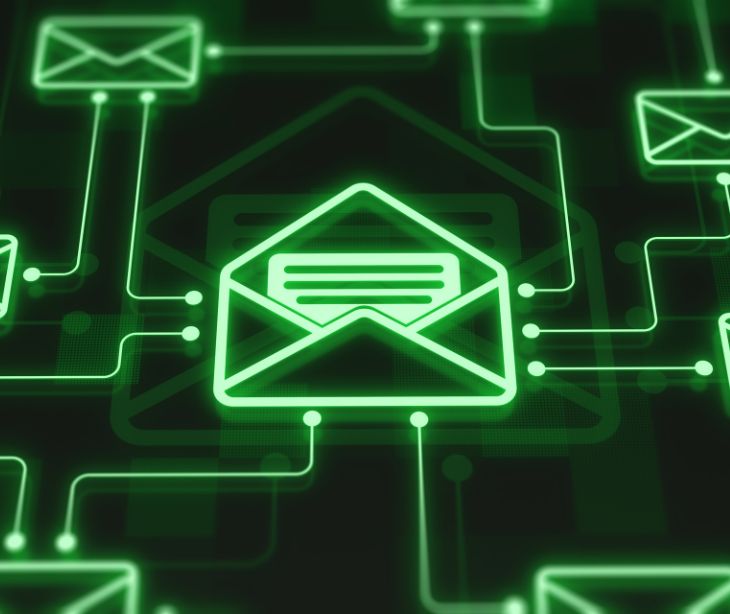2 min read
The role of email encryption for PHI security in transit
Liyanda Tembani
September 28, 2023

Protected health information (PHI) is sensitive patient data that must be protected in transit to prevent breaches and maintain trust. Email encryption ensures this protection by making email content unreadable to unauthorized parties, safeguarding PHI's confidentiality and integrity, and helping meet HIPAA requirements.
What counts as PHI?
PHI encompasses a range of information, including:
- Diagnosis and treatment records,
- Laboratory results
- Prescription history
- Identifiers like names and addresses
Related: What are the 18 PHI identifiers?
Threats to PHI in transit
Cybersecurity threats in healthcare include hacking, phishing attacks, malware infections, and the interception of unencrypted emails. The consequences of a successful breach are severe and multifaceted:
- Financial implications: Data breaches can lead to hefty fines, legal fees, and damage to an organization's financial stability.
- Reputation damage: Patients may lose trust in a healthcare provider if their PHI is compromised.
- Identity theft: Stolen PHI can be misused for identity theft, creating personal hardships for patients.
The basics of email encryption
Email encryption involves transforming the email content into an unreadable format, making it unintelligible to anyone without the decryption key. The two primary forms of email encryption are encryption at rest and encryption in transit. Encryption at rest secures data when stored, whereas encryption in transit safeguards PHI as it travels through cyberspace.
Related: HIPAA Compliant Email: The Definitive Guide
The benefits of email encryption for PHI security
- Confidentiality: Encryption guarantees that only the intended recipients can decipher the content. Even if an email is intercepted, it remains inaccessible to unauthorized parties.
- Integrity: Through mechanisms like digital signatures and hashing, email encryption confirms that an email's contents haven't been tampered with during transit.
- Compliance: HIPAA mandates the protection of PHI during transmission. Email encryption helps organizations meet these stringent compliance requirements.
- Risk mitigation: By encrypting emails containing PHI, healthcare entities significantly mitigate the risk of data breaches and unauthorized access, protecting patients and their organizations.
Implementing email encryption in healthcare
Implementing email encryption in a healthcare environment requires planning and adherence to best practices. Healthcare organizations can opt for HIPAA compliant email platforms and services designed to address the needs of the healthcare industry:
- Selecting the right solution: Choose a reputable email encryption solution that meets healthcare compliance requirements.
- Key management: Establish secure key management practices to protect encryption keys and ensure their availability when needed.
- User training: Educate healthcare professionals and staff on how to use encryption tools effectively, ensuring secure transmission practices.
Ensuring ongoing compliance
Email encryption in healthcare ensures compliance with HIPAA. HIPAA mandates strict security and privacy measures for PHI, and email encryption is a central component of compliance efforts. To maintain ongoing compliance, healthcare organizations should regularly conduct audits and assessments of their email encryption processes.
Subscribe to Paubox Weekly
Every Friday we bring you the most important news from Paubox. Our aim is to make you smarter, faster.




